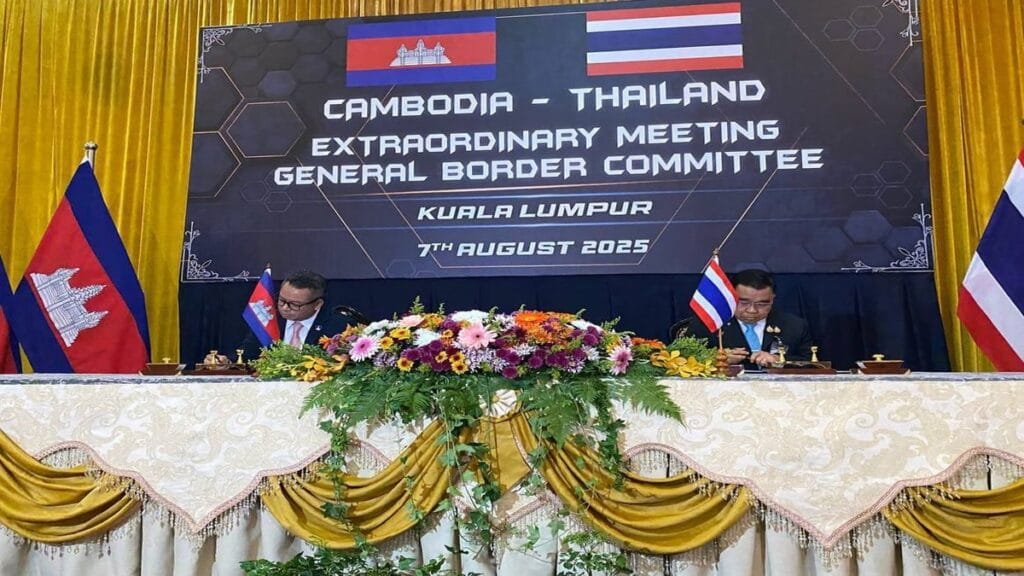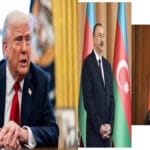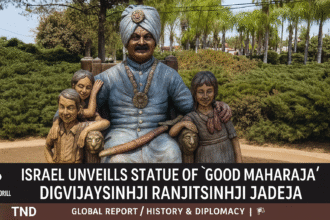
KUALA LUMPUR, August 7, 2025 – In a major diplomatic breakthrough, Thailand and Cambodia have signed a ceasefire agreement during an emergency session of the General Border Committee (GBC) held in Kuala Lumpur. The accord aims to de-escalate ongoing tensions along the contested border region and re-establish long term regional stability.
This high level meeting, hosted by Malaysia as a neutral facilitator, brought together top military and diplomatic officials from both nations. The Thailand Cambodia ceasefire deal marks a critical step forward after weeks of cross border hostilities that displaced hundreds of civilians and raised international alarm.
Peace Framework and Regional Monitoring
As part of the agreement, both countries have pledged to develop a regional monitoring mechanism involving ASEAN observers. This framework will serve as a neutral body to monitor ceasefire compliance and foster transparent communication between the two governments.
“The establishment of a joint peace monitoring body is not only a commitment to peace but a recognition that Thailand Cambodia ceasefire must be upheld by mutual trust and continuous engagement,” said a Malaysian GBC official who oversaw the talks.
The Cambodia Thailand ceasefire framework also includes an agreement to conduct joint patrols along key hotspots and to dismantle recently erected border fortifications viewed as provocative by both sides.
Commitment to International Humanitarian Law
Both nations reaffirmed their obligation to treat captured soldiers in accordance with international humanitarian standards, including the Geneva Conventions. The agreement calls for an immediate exchange of all detained personnel and ensures their humane treatment and safe return.
Human rights groups have welcomed this development, urging both governments to maintain transparency and allow independent observers to assess compliance.
Suggested Readings: Thailand Cambodia War Preah Vihear Shiva Hindu
Bilateral Dialogue to Continue
Importantly, the Thailand Cambodia ceasefire does not end with a single meeting. Both parties agreed to continue their dialogue through established bilateral channels, including quarterly reviews and conflict de-escalation hotlines.
“Peace is a process, not a paper,” noted Thailand’s Deputy Foreign Minister. “We remain committed to turning the ceasefire into a lasting resolution through honest dialogue and regional cooperation.”
Regional and International Response
ASEAN, the United Nations, and several regional powers have praised the Cambodia Thailand ceasefire agreement as a constructive diplomatic solution. With tensions previously threatening to boil over into broader regional instability, this agreement is seen as a crucial stabilizing move.
The international community will be closely watching the implementation phase of this Thailand Cambodia ceasefire, which could serve as a model for conflict resolution in Southeast Asia.







